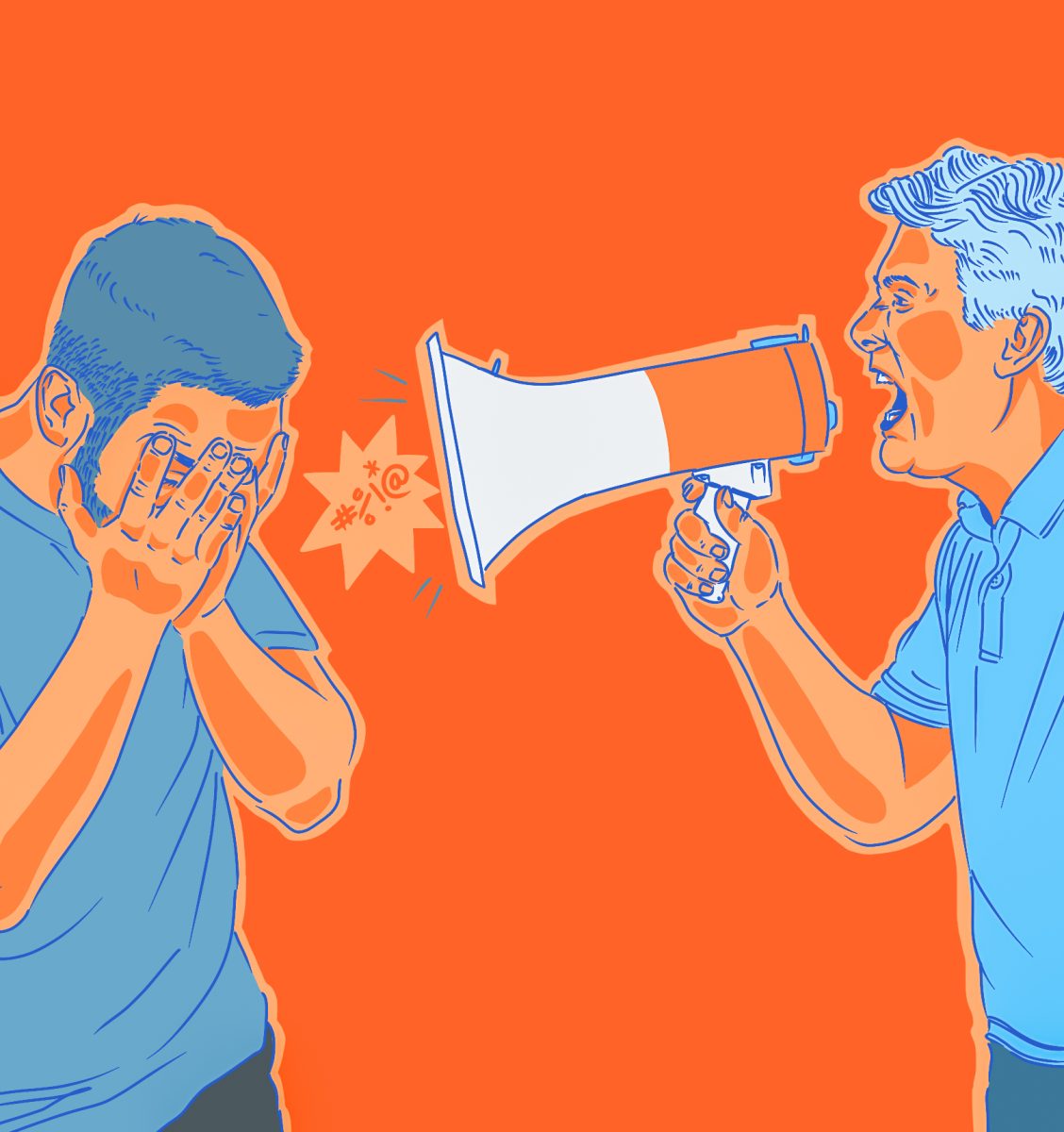Something peculiar happened to me the other day. I was moseying about campus when suddenly, the person walking directly in front of me had the bright idea to stop dead in their tracks, smack-dab in the middle of the hallway. Without missing a beat, I cleared my throat, took a deep breath and bellowed out a quick, “Get out of the way you dull f—!” However, much to my surprise, the victim of my verbal bombardment hardly reacted. If anything, they didn’t care. It was at this moment that a startling revelation dawned on me: Swears have lost their power.
Gone are the days when a perfectly timed obscenity could leave your opponent writhing on the floor. Gone are the days when the dropping of a nuclear F-bomb could leave them wandering mindlessly through the radiated wastelands of your foul-mouthed fallout. Gone are the days when one could express the depths of their disappointment through the uttering of a simple profanity. But how did we let this happen? The answer is quite simple: overuse.
The market of human discourse has become so oversaturated by these so-called “dirty words” that they no longer carry the weight they used to. The reason for this is due to censorship, or should I say, the lack thereof. Whether it be via television, newspaper article or billboard advertisement, I’ve noticed a far greater number of uncensored profanities being used when compared to years past. People seem willing to just throw these words around willy-nilly, hoping to catch a cheap laugh or cultivate a bit of shock, and in doing so, they strip these words of their significance.
When a bad word is used frequently enough, people grow accustomed to it, and it becomes socially acceptable. Something that was once a punch in the balls becomes a flick on the di—. Now, I don’t mean to come off as a linguistic prude—I happen to have quite the potty mouth myself. I am not advocating for the abolition of swears in the media, I am advocating for their censorship, not because I want to spare people from their potential offensiveness, but because I want them to be truly offended when I use these words on them in real life. At all costs, whatever it takes, we must protect the sacredness of vulgarity.
Imagine for a second, a world where cursing truly meant nothing. What would you do when somebody cut you off in traffic? When somebody sneezed in your face? When somebody looked at you the wrong way? Without easy-to-use, primarily-one-syllable words used to verbally lacerate your opponent’s sense of self-worth, you’ll be left to your own devices to craft original insults free of obscenity. I don’t know about you, but that’s a level of effort and creativity I am unwilling to adapt to.
Of course, not all swears require censorship. You see, there are three distinct levels on the swear pyramid. At the bottom, you’ve got your foundational, baby town curses so innocent and juvenile that even a newborn could say them. These comprise words such as a—, ti—, di—, damn and yes, even bastard—if you see them censored here, it has nothing to do with me; blame my editors. At the top, you’ve got your genuinely bad curses that should probably never be said. Finally, in the middle is your Goldilocks zone. It’s here that the holy trinity of f—, s— and b— reside. These are the curses that are so satisfyingly spectacular that their power must be carefully conserved.
In conclusion: Swears are beautiful, and in order to preserve their raw offensiveness for generations to come, we must censor them in the media. But if you’re ever in a situation where you’re unsure whether or not censorship applies, remember this simple rule: the Grandma Rule. Essentially, if you would censor it in front of your grandma, you should probably censor it in the media. And maybe your grandma’s a bad b— with the tongue of a belligerent trucker, and if that’s the case, props to you, but even the baddest of b—es know enough to cover up that poo-poo mouth so that when they need it to stink, it truly reeks.

